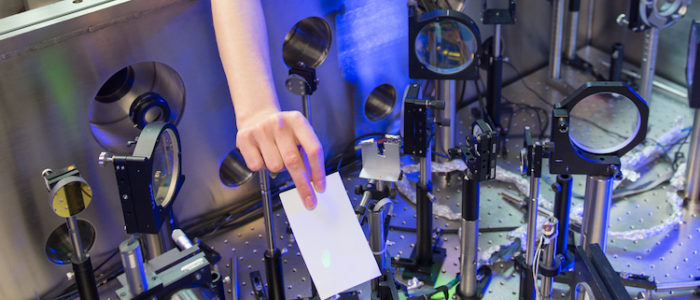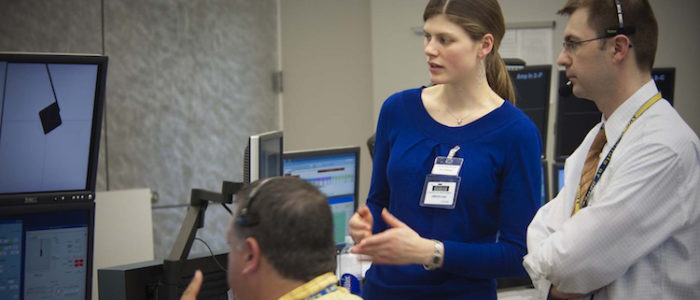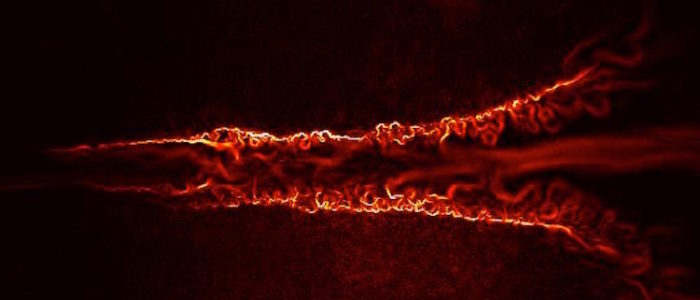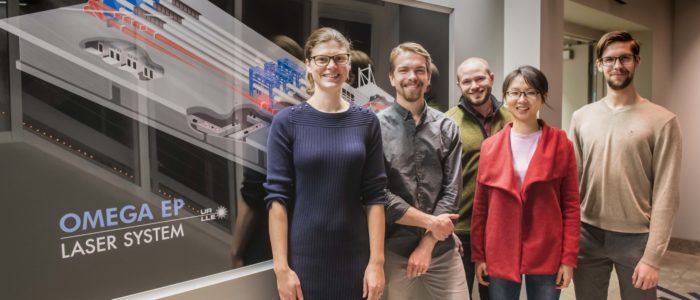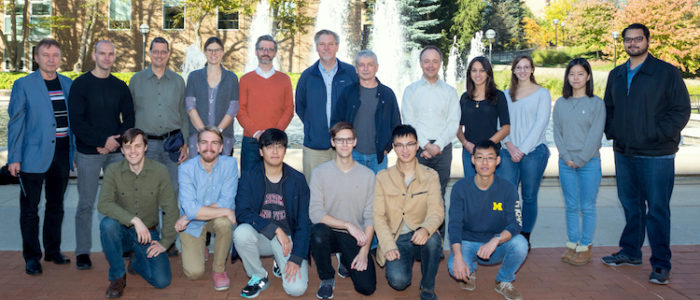Louise Willingale conducts research in intense laser-plasma interactions including laser-driven ion acceleration, relativistic laser propagation through underdense and near-critical density plasmas, and proton deflectometry to study electric and magnetic fields generated during the laser-plasma interactions.
Louise is an Associate Professor of Electrical and Computer Engineering (ECE) and has a courtesy appointment in the department of Nuclear Engineering and Radiological Science (NERS). She is affiliated with the High Field Science group in the Gérard Mourou Center for Ultrafast Optical Science (CUOS), and is a member of MIPSE. Additionally, she is the Associate Director for the NSF funded laser facility ZEUS. External facilities are used to perform some of the experiments for her research including the OMEGA EP facility, at the Laboratory for Laser Energetics, the Jupiter laser facility at the LLNL and the VULCAN laser in the UK.
She was a co-chair for the Multi-Petawatt Physics Prioritization (MP3) Workshop, report published on arXiv.
Short Bio:
Louise Willingale received her PhD in Plasma Physics from Imperial College London, and joined the University of Michigan Department of Nuclear Engineering and Radiological Sciences in 2008 as a Postdoctoral Researcher, and was promoted to an Assistant Research Scientist in 2011. In 2014, she joined the Department of Electrical Engineering and Computer Science as an Assistant Professor and became an Associate Professor with tenure in 2022. She received an NSF CAREER Award for research in magnetic reconnection in plasmas, was elected Fellow of the American Physical Society (APS) in 2022 and is a Kavli Fellow. Louise is an Associate Editor for the Journal of Plasma Physics.
Publications: Google scholar
PhD thesis, Imperial College London, 2007: Ion Acceleration from High Intensity Laser Plasma Interactions: Measurements and Applications

